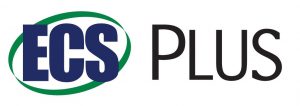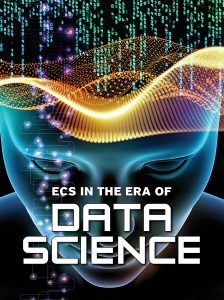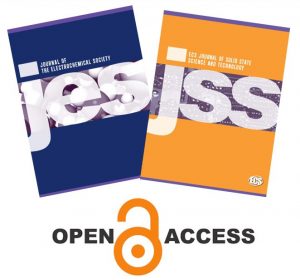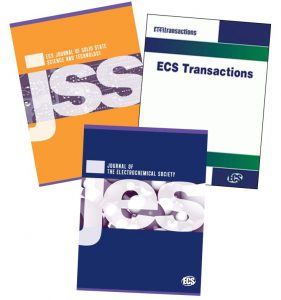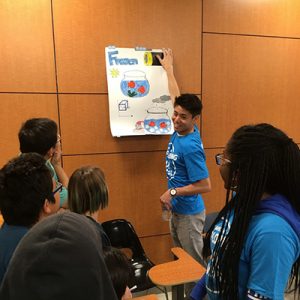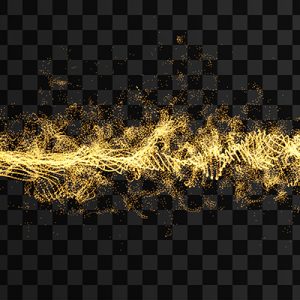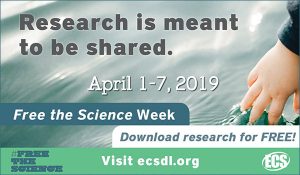 Volunteer at the 235th ECS Meeting and receive 50% off your meeting registration, (1) ticket to the Student Mixer, and (1) free year of student membership! You get a cool volunteer shirt too!
Volunteer at the 235th ECS Meeting and receive 50% off your meeting registration, (1) ticket to the Student Mixer, and (1) free year of student membership! You get a cool volunteer shirt too!
As a student volunteer, you will work closely with the ECS staff and meet your fellow ECS members and meeting attendees.
Take advantage of this unique opportunity to network and engage with meeting attendees, symposium organizers, and ECS staff! Multilingual speakers are highly encouraged to apply!
Deadline for application submissions: Thursday, April 25
Candidates notified on or after: Thursday, May 9


